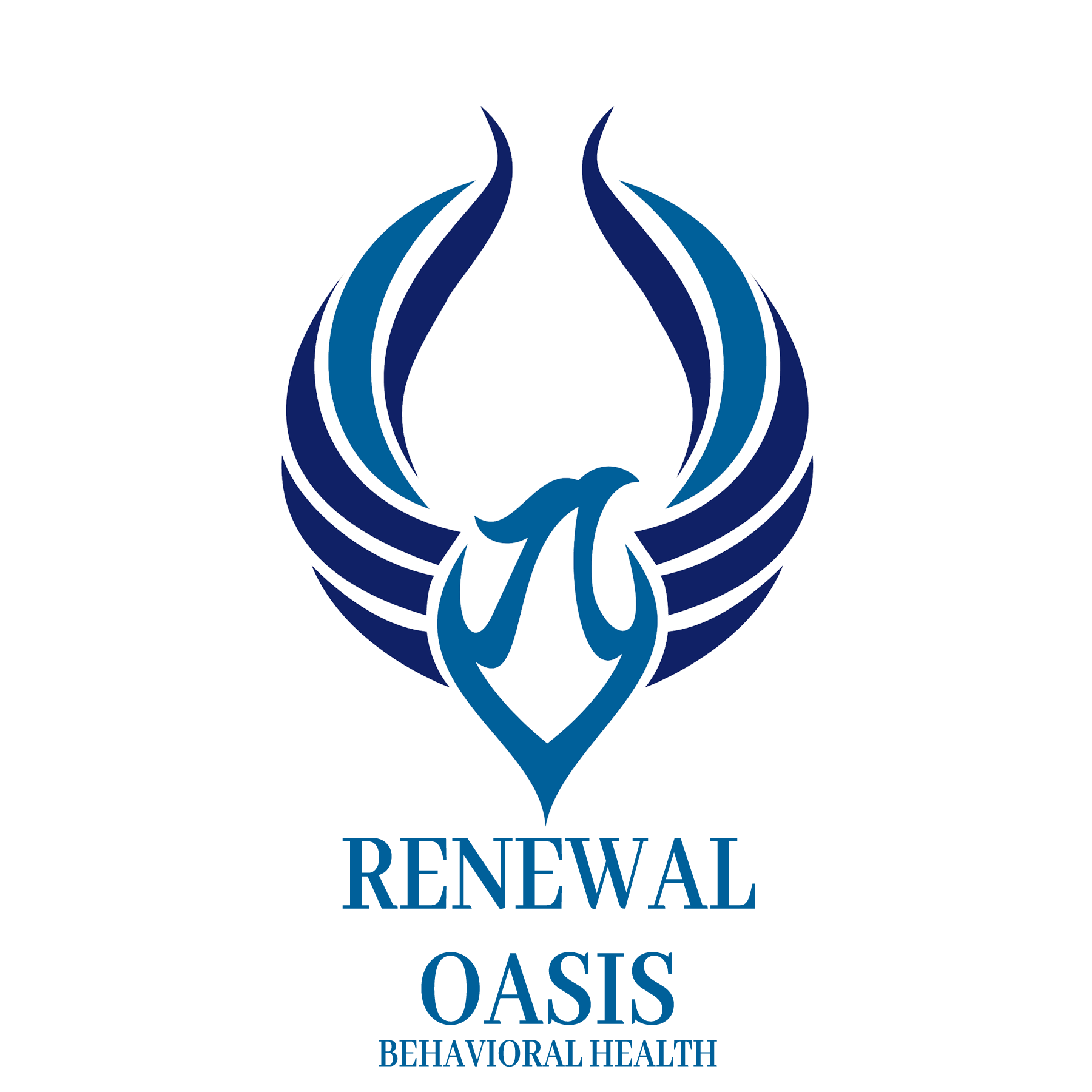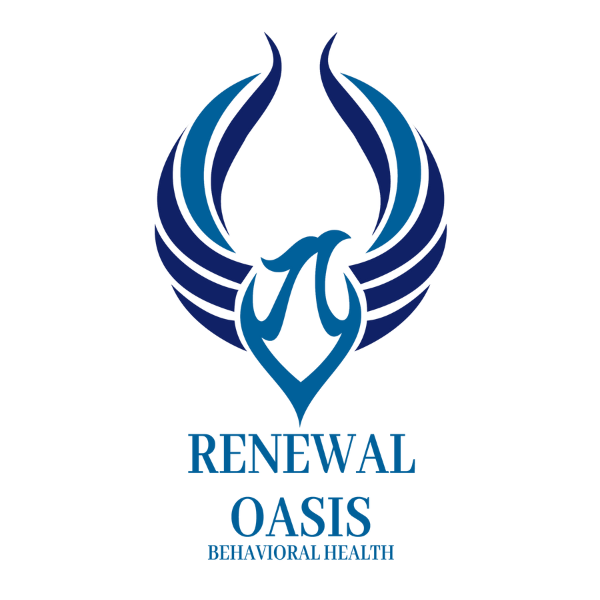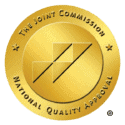Everyone wants to have good mental health, but sometimes mental health disorders happen and challenge people to find the right treatment for their needs. Renewal Oasis treats a wide variety of types of mood disorders by using the most modern therapy modalities available. We believe in providing compassionate care from our staff of skilled therapists who understand what it takes to ease the symptoms of mood disorders.
The admissions team meets with you to determine if our outpatient or residential care will be the right road to help you meet your treatment goals. Exposure to highly effective therapies including individual counseling, holistic therapy, trauma therapy, and more make the difference. Our approach at Renewal Oasis elevates your ability to feel better when other programs may have left you without the progress you deserve.
What are the Types of Mood Disorders?
Many types of mood disorders exist, and it takes a clinician trained to recognize the signs of them to provide an accurate diagnosis. Once diagnosed, the individual should begin treatment that addresses their specific needs. Some people do well with outpatient care, which requires them to travel to a facility for therapy sessions three or more days per week. For those with more severe symptoms, residential treatment works better. The person moves into a facility for 30 days or more and receives around-the-clock care. The types of mood disorders include the following::
Major Depressive Disorder
Also known as depression, this type of mood disorder affects approximately 21 million adults in the U.S. who experienced at least one major depressive episode per year as of 2021. Women develop depression at a higher rate than men, with about 10% of females reporting it compared to about 6% of males. Symptoms include:
- Constant feelings of depression, sadness, and hopelessness
- Changes in appetite or weight
- Lethargy
- Sleeping too much
- Insomnia
- Inability to get excited about life
- Isolating from others
- Cognitive difficulties
- Poor performance at work or school
- Personal relationships suffer due to depression
- Suicidal thoughts
Dysthymia
Also known as persistent depressive disorder, this type of mood disorder is similar to depression. The main difference is that someone with dysthymia experiences periods without deep depression. After a few weeks, the depressive symptoms return and the cycle continues. Dysthymia affects twice as many women as men. Because the symptoms are so similar to major depressive disorder, it can be difficult to diagnose.
Seasonal Affective Disorder (SAD)
SAD happens during certain seasons of the year. Most people who have it develop it during fall and winter as the days get shorter and the weather becomes colder. Less daylight triggers their symptoms of depression, which makes getting through those months difficult. Some people develop SAD in the spring or summer and find the extra daylight brings on their symptoms. The symptoms are similar to major depressive disorder.
Bipolar Disorder
Someone with bipolar disorder experiences mood changes they cannot control. Common symptoms of bipolar disorder include:
- Hyperactivity
- Extremely talkative
- Difficulty focusing on one task or conversation
- Risky behavior
- An inflated sense of self or being invulnerable
- Lack of sleep
- Racing thoughts
- Persistent feelings of depression and hopelessness
- Crying
- Difficulty sleeping or sleeping too much
- Moodiness
- Cognitive difficulties
- Changes in weight or appetite
The different types of bipolar disorder include:
Bipolar I Disorder
Causes manic episodes, which last about a week, and depressive episodes, which last two weeks or longer.
Bipolar II Disorder
Causes similar depressive episodes as Bipolar I Disorder, but the manic episodes are not as extreme.
Cyclothymic Disorder
Also called cyclothymia, the symptoms include both manic and depressive episodes but neither kind lasts as long or is as severe as those that occur with Bipolar I and II.
Rapid Cycling
Causes a person to cycle through four or more mood episodes in one year.
Postpartum Depression
Postpartum depression develops shortly after a woman gives birth. The symptoms last two weeks or longer and include:
- Deep feelings of depression and sadness
- Hopelessness
- Crying
- Difficulty bonding with the baby
- Feeling anger and hostility
- Thoughts of harming the baby or herself
- Wanting to abandon the baby
- Changes in appetite
- Sleeping too much or too little
- Anxiety
Substance-Induced Depression
Abusing drugs or alcohol can cause a person to develop different types of mood disorders. The disorder can happen as a result of abusing substances or as a withdrawal symptom when the individual stops drinking or using drugs.
Treat Mood Disorders at Renewal Oasis Behavioral Health Today
Have you tried to get help for a mood disorder but found that other plans don’t provide you with the help you need? Renewal Oasis Behavioral Health in Palm Desert, California employs a highly experienced staff of therapists and other mental health professionals who understand how to treat several types of mood disorders. We meet with you to understand how you experience your mood disorder and determine a treatment plan with goals that work for you. A menu of structured therapies provides you with a blueprint for easing your symptoms and learning to manage your moods. We also provide prescription medications that provide a level playing field in your brain so you can feel better and concentrate on progressing through therapy.
Are you ready to change your life by improving your mental health? Contact us now and let’s talk about which program is the perfect fit for you.



